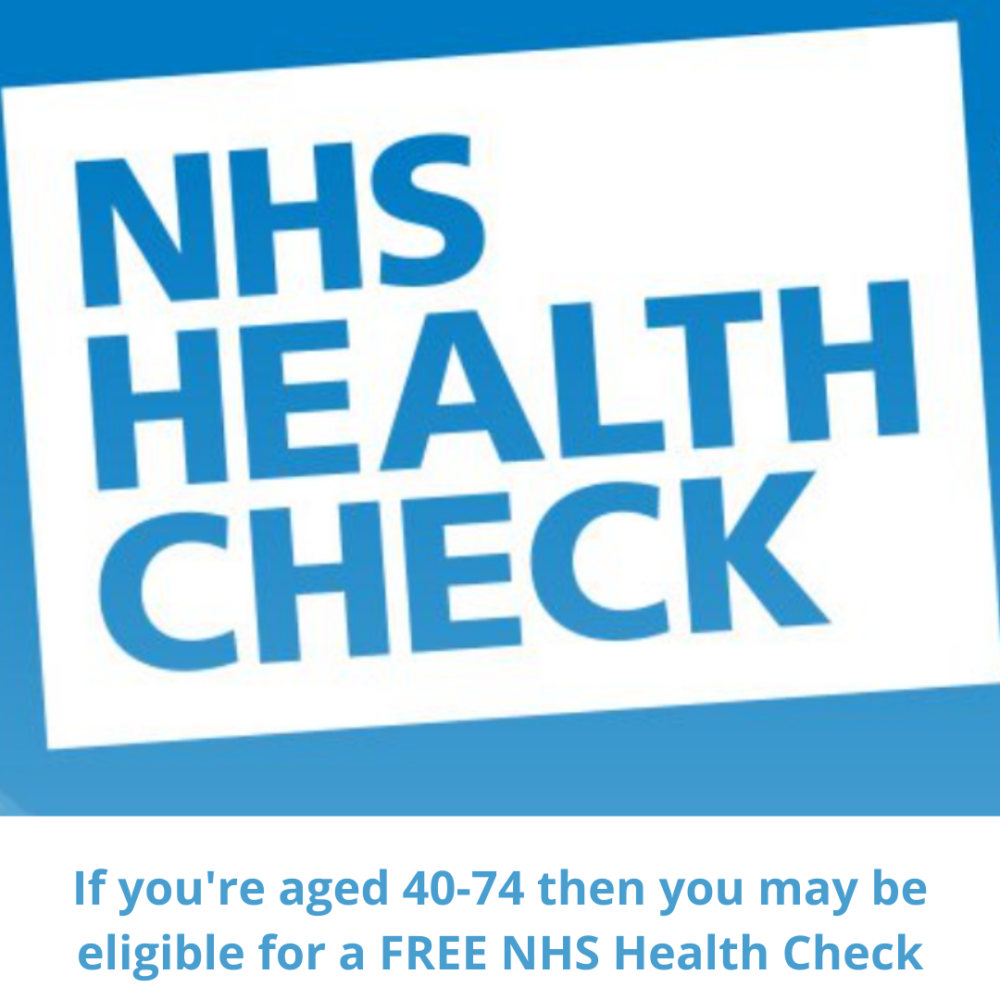Register for online services (14 years & over) – Access Medical Records and Test Results
Online Access to Medical Records
Most patients registered with the NHS app are able to access their medical records through their GP Online Services account.
You can download the NHS App through this link – NHS App and your NHS account – NHS (www.nhs.uk)
If you are unable to access the NHS App and would like online access, you should complete the attached form.
Standard online access will allow you to see your medical records from the date it is enabled on the App
If you would like retrospective access to your records, then your GP will need to review your full medical record, which will include records from previous GP surgeries, before granting access. In order to comply with GDPR, we will need to redact information about third parties from your records and this process can take some time to complete so you should allow at least 90 days for us to complete this.
Please CLICK HERE and complete the Retrospective Online Access Request form which you will need to return to us.
Consent to Proxy Access to GP Online Services
Some patients would like to give someone else access to their GP Online Services account, although as only one login is possible, this means that they cannot have their own login to use online services. Proxy access might be given to a family member, a close friend or a carer, who can use it to book appointments or order repeat prescriptions on their behalf or to help them manage their healthcare with access to their clinical record.
Family and close friends are the commonest proxies. They may live a distance away and can use proxy access to keep up to date with the patient’s healthcare so that they know when their help is needed.
Patients who are losing capacity may not be able to clearly remember consultations with their health professionals, test results, management plans or medication changes. Proxy access improves communication between carers and health professionals, not just in the practice, but also hospital departments if the proxy has access to recent clinical correspondence.
Anyone with capacity to make an informed decision about proxy access may give consent for the practice to give their representative their own personal login credentials to access the patient’s GP Online Services account.
If the patient lacks capacity to give informed consent, proxy access may still be given to a family member or carer if they have a power of attorney for health and welfare, are a court appointed deputy or, if the GP judges it to be in the patient’s best interest. This third option is usually used where a patient made an advance decision about future proxy access, which was recorded in anticipation of future loss of capacity. This may form part of normal advance planning for dementia or end of life care.
The practice may decline or withdraw formal proxy access in the patient’s best interests.
Signing up a Proxy for GP Online Services
Before providing proxy access login credentials to anyone, we must:
- Obtain a completed proxy access consent form
- Verify the identity of the patient giving consent
- Establish the level of access that the patient wants the proxy to have
- Confirm that the patient has given informed consent to have access to their online services to the proxy, or where the patient is not able to consent, there is another legal justification for providing proxy access.
- Seek assurance that the patient is not being coerced to agree to proxy access unwillingly
Levels of Proxy Access
You have a choice about what information your proxy will be able to access. The options are:
- Online appointments booking and cancelling
- Online prescription management
- Access to health records, in full or in part.
Proxy Access without the consent of the patient
- There are circumstances where we may legitimately authorise proxy access without the patient’s consent and in all of these cases the decision will be taken by the patient’s usual GP after a full review of the application.
- Where a patient has been assessed as lacking capacity to make a decision on granting proxy access and the applicant for proxy access has registered a lasting power of attorney for health and welfare with the Office of the Public Guardian
- Where a patient has been assessed as lacking capacity to make a decision on granting proxy access and the applicant is a Court Appointed Deputy on behalf of the patient
- Where a patient has been assessed as lacking capacity to make a decision on granting proxy access and in accordance with the Mental Capacity Act 2005 code of practice the GP considers it in the patient’s best interests to grant the requested access to the applicant
- Where a patient has been assessed as lacking capacity to make a decision on granting proxy access but there is a record of the patient having made an advance decision that the individual seeking proxy access may act as their proxy for GP Online Services.
- Where a patient is a child before their 11th birthday who is not competent (for example a baby) to make a decision on granting proxy access
- If the applicant is a health professional who has a legitimate relationship with the patient for providing direct care to them, such as a nurse working in a nursing home
Planning for future loss of capacity
Loss of capacity to decide whether to consent to proxy access can be anticipated in some clinical scenarios. Dementia and approaching end of life care are two examples where it can be helpful to discuss the value of future proxy access. Understanding your preferences about it is an important part of advanced care planning. A clear record of your choice can be very helpful if a decision to allow proxy access has to be made after you have lost the capacity to consent.
CLICK HERE for the Consent to Proxy Access to GP Online Service form which you’ll need to return to us.





